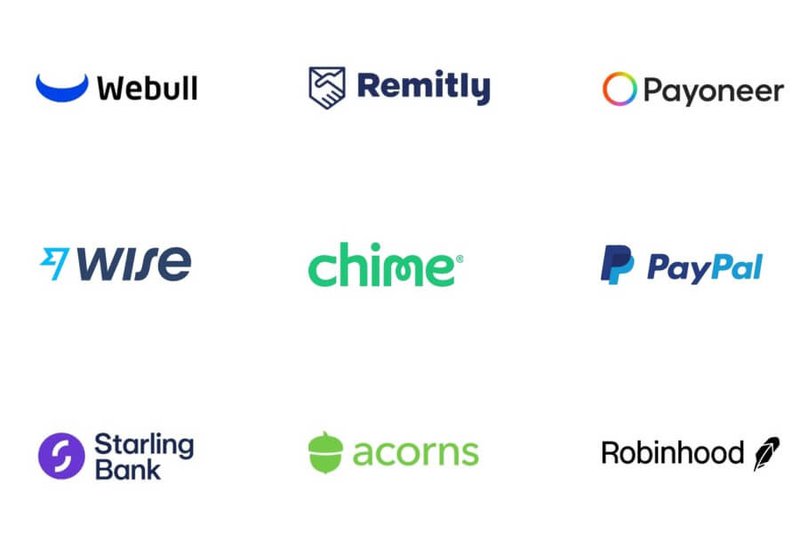Financial technology, commonly known as Fintech, is the application of technology to the financial industry with the goal of providing more efficient and improved financial services than traditional methods.
How Does Fintech Work?
Fintech has been around since the introduction of non-cash payment systems in the 1900s. This science has led to various improvements in financial technology, such as mobile banking, cryptocurrency, blockchain, machine learning, and insurance. Mobile banking is a large part of the industry, with many banks now offering mobile banking features. Cryptocurrency and blockchain are closely related to fintech, and advancements in these fields directly impact the fintech sector. Crowdfunding platforms, such as GoFundMe and Patreon, are also a result of developments in fintech, while robo-advisors help users of all ages invest at low costs. This has put pressure on the banking system to accept new technologies, resulting in many banks incorporating digital methods for providing client services.
So, why is fintech proxy necessary? It is a tool to provide a secure connection for users when accessing fintech services, allowing them to access sensitive information without compromising their safety and privacy.
Why Do You Need a Proxy for Fintech?
When it comes to fintech, security is of the utmost importance. With the emergence of digital currencies such as Bitcoin and others, keeping reliable records and strong privacy protocols can be difficult. As a result, there have been numerous worries about cybersecurity in the financial sector.
One way to ensure security is to use proxy servers. These are remote servers that you can connect to and use to transmit your internet traffic. After the user is connected to a proxy server, their traffic is routed through it, and the server only sees the IP of the proxy. This makes it impossible to track the user’s original IP address.
To sum up, proxies are essential for providing security in the world of fintech.
What Are the Best Proxies for Fintech?
When selecting a proxy for fintech, the most important factor to consider is cybersecurity. Proxies should be able to hide your identity and make your online activities untraceable. Usually, proxies are available in a shared configuration, which allows multiple users to connect to the same server and share a single IP address. This setup, however, may not be suitable for financial tasks.
The best choice are dedicated residential proxies, since they are reserved for one user only. Furthermore, they are connected to real devices with ISP internet connection, thus providing enhanced reliability and authenticity.
To ensure top-notch fintech security, trust OneProxy to provide you with high-quality dedicated residential proxies!













